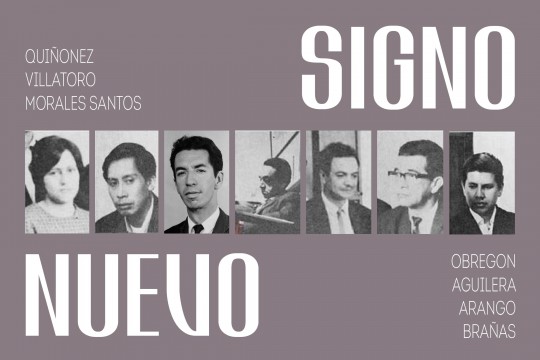We’re back with another round of exciting literary news from around the globe. This week’s dispatches take us to South Africa, the United States, and Guatemala.
Alice Inggs, Editor-at-Large, reporting from South Africa:
An anticipated event on the Cape Town literary calendar, the annual Open Book festival,will take place from September 5-9. The inclusive festival, at which spoken-word performances and bookmaking classes are added to the program alongside interviews with international authors and panel discussions on feminism, appears to have a particular focus on migrancy and notions of place this year, with several talks hosted by the African Centre for Cities.
The attendance of influential urbanist, researcher, and author AbdouMaliq Simone points to this unofficial theme. Simone’s enduring optimism with regards to city spaces and the possibilities they hold for producing new forms of trade, particularly in the context of those inhabitants who are forced to adapt for reasons such as crumbling infrastructure or illegal residency, is a trait that looks to carry over to the rest of the festival.



